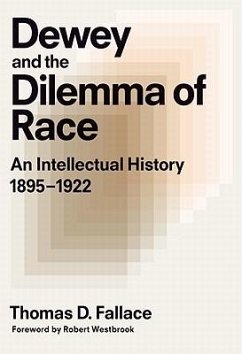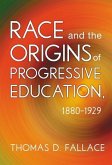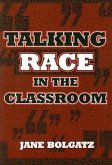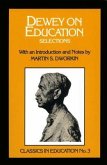This historical study traces how John Dewey, as did most of his contemporaries, struggled with the major dilemma of how to reconcile evolution, pedagogy, democracy, and race. In an original and provocative presentation, the author seeks to capture Deweys original meaning by placing him in his own intellectual and cultural context. Fallace argues that Dewey created an ethnocentric curriculum at the famous University of Chicago Laboratory School (18961904) that traced the linear development of Western civilization and pointed to it as the cultural endpoint of all human progress. However, in the years following the First World War, Dewey reconstructed his orientation into an interactionist-pluralist view that recognized how a diversity of cultures was a necessity for democratic living and intellectual growth. Dewey and the Dilemma of Race is the first comprehensive intellectual biography to trace the development of Deweys educational views. Filling an important gap in our understanding of Deweys thinking on culture and race, this book will be of interest to a broad range of educators, historians, philosophers, and scholars.
Hinweis: Dieser Artikel kann nur an eine deutsche Lieferadresse ausgeliefert werden.
Hinweis: Dieser Artikel kann nur an eine deutsche Lieferadresse ausgeliefert werden.








